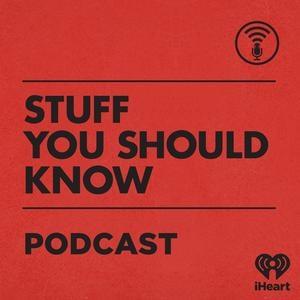
In this episode of the Huberman Lab podcast, Dr. Andrew Huberman explores the topic of healthy relationships with guest Dr. Paul Conti. They discuss various types of relationships, including romantic, work, family, and self-relationships, and delve into the tools and strategies for building and maintaining healthy connections. This episode is sponsored by BetterHelp, an online therapy service, and emphasizes the importance of bringing science-based information and tools to the general public for free.
Dr. Conti emphasizes the importance of understanding power dynamics, anxiety, and boundaries in relationships. He explores different types of bonds, including healthy and trauma bonds, and highlights the role of agency and gratitude in fostering a healthy orientation to the world. The expression of agency and gratitude can lead to contentment, delight, and a strengthened generative drive, ultimately bringing our best selves to relationships and seeking health in every aspect of our lives.
Dr. Conti discusses the complexities of compatibility in relationships, emphasizing that shared interests and love languages are not sufficient indicators of long-term success. Instead, he suggests focusing on the generative drive as a key determinant of compatibility. Additionally, he highlights the importance of continuous learning, interconnectedness, and maintaining a sense of curiosity to foster healthier and longer-lasting connections.
Dr. Conti explores the concept of trauma bonds, emphasizing that they can be both healthy and unhealthy depending on the context. He discusses the role of communication, agency, and gratitude in navigating relationships and addresses the challenges of attachment insecurity and demoralization. Dr. Conti emphasizes the importance of intervention, understanding, and community support in helping individuals navigate out of abusive situations and cultivate gratitude and agency in their lives.
Dr. Conti delves into the covert power dynamics present in all relationships, highlighting the importance of recognizing non-obvious issues and unstated power dynamics. He emphasizes the significance of give and take in relationships, with a focus on generosity and the benefits of giving. By utilizing the generative drive, individuals can create something better together in relationships, fostering healthier connections and a sense of fulfillment.
Building and maintaining healthy relationships requires understanding the dynamics of power, anxiety, and boundaries. By cultivating agency and gratitude, individuals can navigate challenging dynamics and foster healthier connections. Addressing trauma and abuse requires intervention, understanding, and community support, while recognizing the importance of gratitude and agency in healing and growth. Ultimately, embracing the generative drive and focusing on compatibility beyond surface-level indicators can lead to more fulfilling and successful relationships.